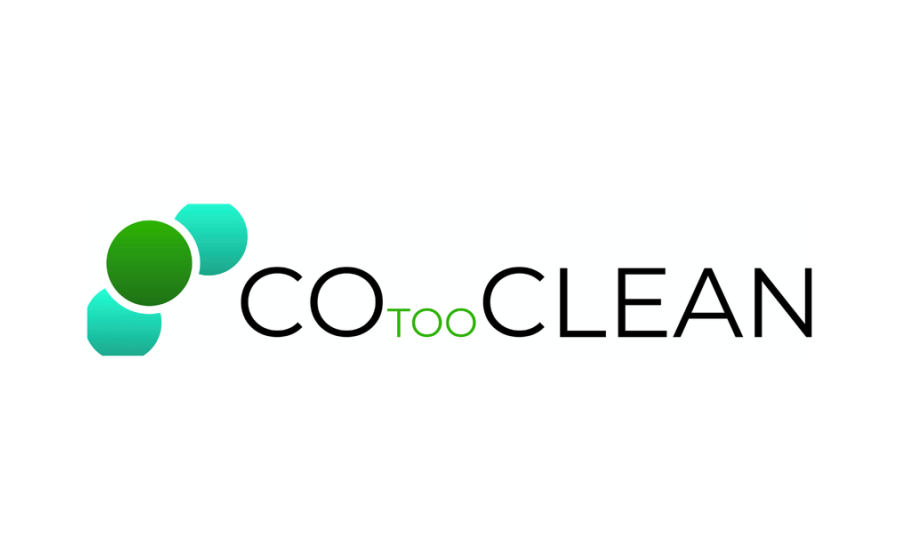
- Supercritical CO₂ cleans polyolefin films to food-grade quality.
- Nextek, Coveris to scale process and conduct regulatory trials.
- A demo plant is under construction in the UK.
A breakthrough technology that uses carbon dioxide instead of water solves one of the biggest challenges in plastic recycling — turning used polyolefin packaging films into clean, food-safe materials.
In March, plastic sustainability technology consultancy Nextek and flexible packaging provider Coveris unveiled a partnership to transform the mechanical recycling of flexible films using a novel innovation — the COtooCLEAN process. The companies plan to convert post-consumer polyethylene (PE) and polypropylene (PP) packaging films into high-quality, food-grade recycled resins and materials.
COtooCLEAN technology uses a unique waterless supercritical carbon dioxide cleaning and decontamination process. The innovation earned Nextek the $3 million “Circular Solutions for Flexibles” award from the Alliance to End Plastic Waste (AEPW) in 2022.
The funding enables the two companies to scale the technology from prototype development to food-grade compliance trials.
According to the company, the process removes more than 99% of oils and chemical contaminants.
Nextek CEO and founder Edward Kosior says the technology “has the potential to transform plastic film recycling. Since winning the AEPW award, we’ve moved from prototype development to food-grade compliance trials. Partnering with Coveris is the next big step. Together, we’ll demonstrate this technology at scale and work toward a circular economy for plastic films.”



